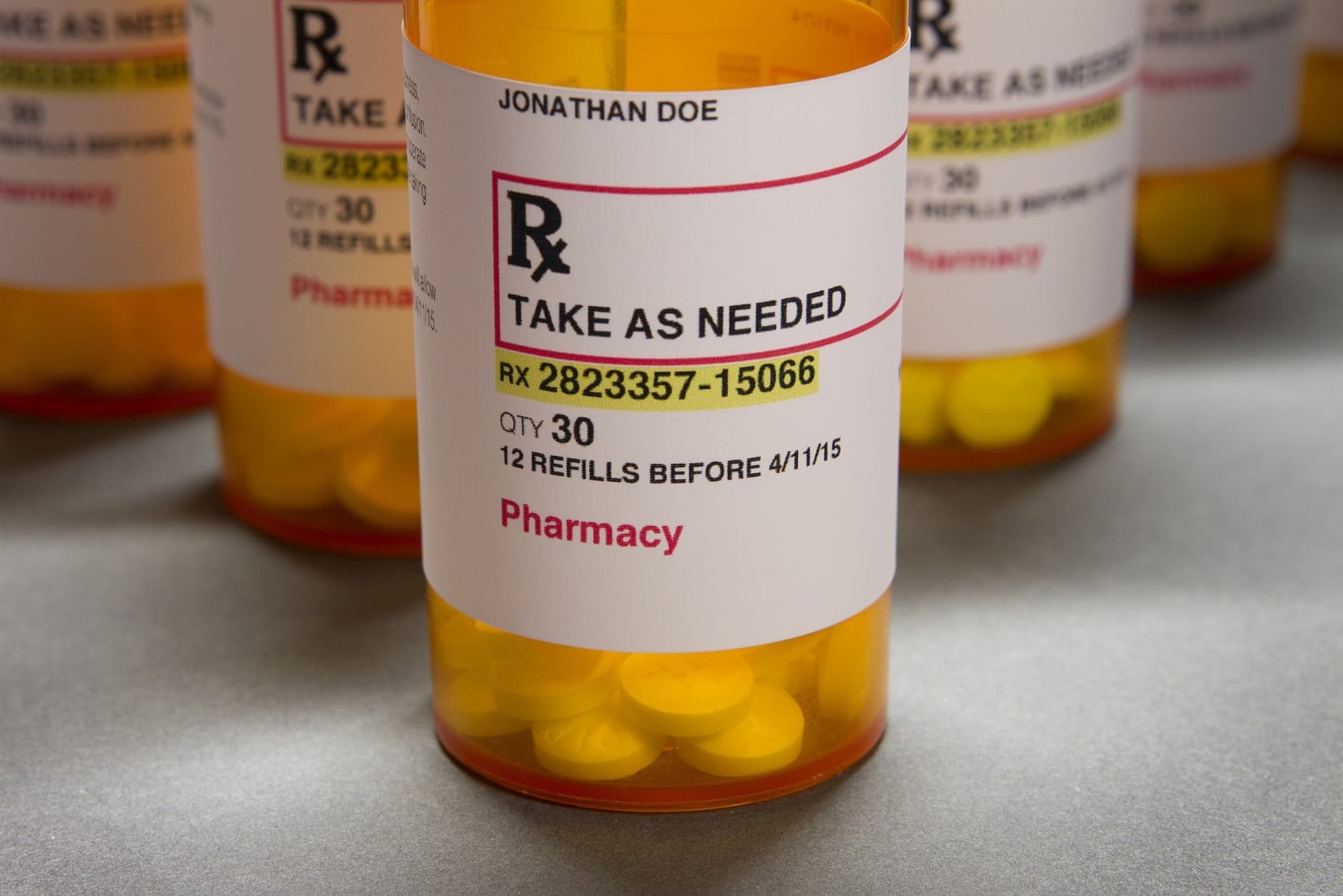
Pharmacy Malpractice
The United States healthcare system is sometimes complex and multi-faceted. Most commonly, people who do not feel well or who have various medical conditions go to a doctor for a check-up. During the check-up, a doctor examines the patient and, based on a diagnosis, prescribes the patient medicine. The patient takes a doctor’s prescription and brings it to the pharmacy. The pharmacy is tasked with verifying the patient, filling the prescription, and determining whether any issues exist with the patient taking the medicine.
Sometimes, however, the pharmacy will commit a serious mistake that can injure the patient. When that occurs, various parties may be held responsible. If you are a victim of pharmacy malpractice, contact a lawyer who will advocate on your behalf.
Duties of the Pharmacy
Doctors prescribe medications that are supposed to be safe. A pharmacy’s job is to dispense medication according to a doctor’s prescription. Often, medication in small quantities can be beneficial whereas the same medication in a larger dose can be harmful. If the pharmacy dispenses an incorrect dosage and harms a patient, the pharmacy committed negligence and can be held liable. In tort law, a pharmacy has an obligation to act under a reasonable standard of care. If a pharmacist dispenses incorrect dosages to patients, he or she breaches that duty of care.
This notion of safe drugs can involve the company that supplies the medication to the pharmacy. If the pharmacy’s supplier does not follow regulatory standards, then those drugs may be harmful. In such an instance, the pharmacy can be liable for negligently dispensing deficient drugs.
Following the Doctor’s Orders
A pharmacy can be liable for negligence even if it followed the doctor’s orders. A pharmacist’s duty is to determine a patient’s reactions to certain medicines, even if that medication has been prescribed. If the pharmacist knows a patient will likely react negatively to a medication, then the pharmacist should not dispense it. Similarly, if the patient is taking a different medication, the pharmacist is tasked with evaluating whether the patient will suffer harm if he or she takes both medications simultaneously. If the pharmacist has a reasonable belief that the two medicines conflict, then the pharmacist should dispense the second medication. If the pharmacist negligently disregards patient risk by dispensing medicine and, as a result, the patient suffers an injury, the patient is a victim of pharmacy malpractice.
Agency Law
If a patient suffers from pharmacy malpractice, he or she can seek a monetary award for damages from different parties. First, the pharmacist can be held liable for negligence because he or she negligently dispensed medication. The same is applicable for others involved in dispensing the medicine, such as pharmacy technicians. Second, the law of agency allows for an injured patient to sue the pharmacy. Agency law is such, that when an individual acts as an agent of the company, it legally places liability on the company. In this instance, the pharmacist and technicians were both agents of the pharmacy because they were acting in an official capacity. Third, the drug manufacturer can be a responsible party if it dispensed a harmful drug.
Contact Williams Elleby Howard & Easter if You Have Suffered an Injury Due to Pharmacy Malpractice
If you have been hurt due to a pharmacy’s negligence, contact the personal injury law firm of Joel Williams, a Cobb County, Georgia lawyer who fights for injury victims. If you have questions or would like to discuss your case, please call our office today at 833 – LEGALGA for a free consultation.






